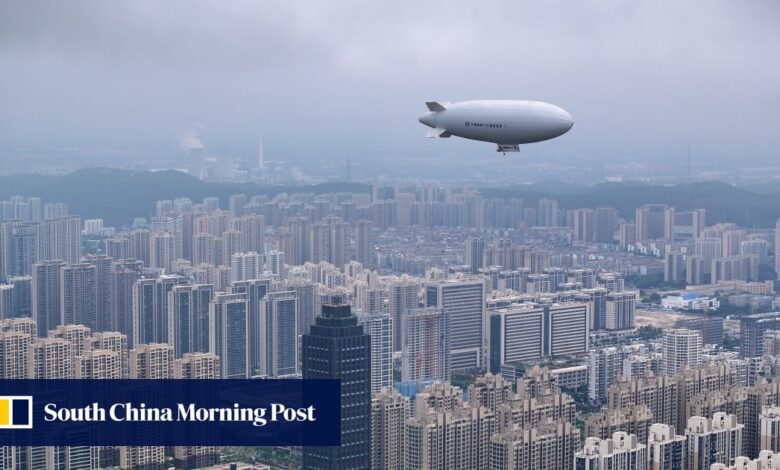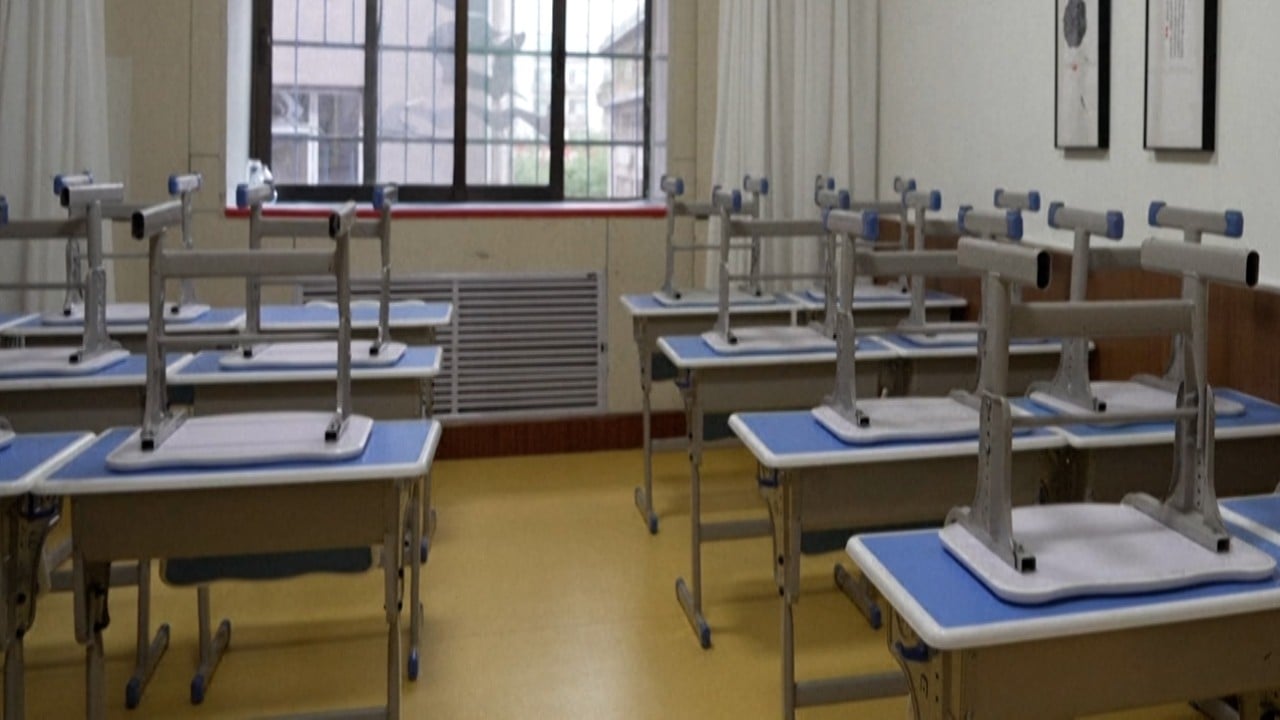China looks for new ways to boost spending on services, from senior care to tourism

The country posted a 5 per cent increase in gross domestic product in the first half of the year from 12 months earlier, but momentum took a hit in the second quarter as year-on-year growth slowed to 4.7 per cent, according to official figures.
The authorities are looking to unleash new demand in emerging sectors including low-altitude aviation – an area that includes airships and parachuting – as well as cruises, yachts, and recreational vehicle camping.
They are also considering further extensions of its visa exemption programme, which has contributed to a surge in inbound tourism this year.
In the first half of 2024, 14.64 million overseas visitors entered the country, roughly 2½ times the number for the same period last year, as authorities reinstated the 144-hour free transit visa to cover 54 countries and 37 entry points, according to the most recent official data.
The directive vowed to “optimise entry policies and the consumption environment, and speed up the resumption of flights”.
In addition, services related to basic home-based needs such as catering, elderly care, childcare and housekeeping should also be expanded, it said.
Abandoned rural property should be developed into accommodation such as inns for travellers, it said.
China’s use of services was growing faster than commodity consumption and had become the main source of incremental spending, Chen Lifen, a researcher with the State Council’s Development Research Centre, was quoted by state news agency Xinhua as saying in a report on Sunday. Incremental spending refers to new consumer demand.
In the first half of this year, retail sales of services increased by 7.5 per cent year on year, 4.3 percentage points faster than retail goods sales in the same period, according to the National Bureau of Statistics.
However, services account for a “relatively low” proportion of consumption in China compared with the average level observed in high-income economies when they were at the same stage of development, Chen said, adding that “there is great room for growth”.
China’s retail sales, a figure that tracks consumer demand for finished goods, rose by 2 per cent year on year in June, a notable slowdown from the 3.7 per cent gain in the previous month.
Shanghai reported a 9.4 per cent fall in the same period, its worst monthly figure since the city imposed a two-month Covid lockdown in the spring of 2022.
Source link




